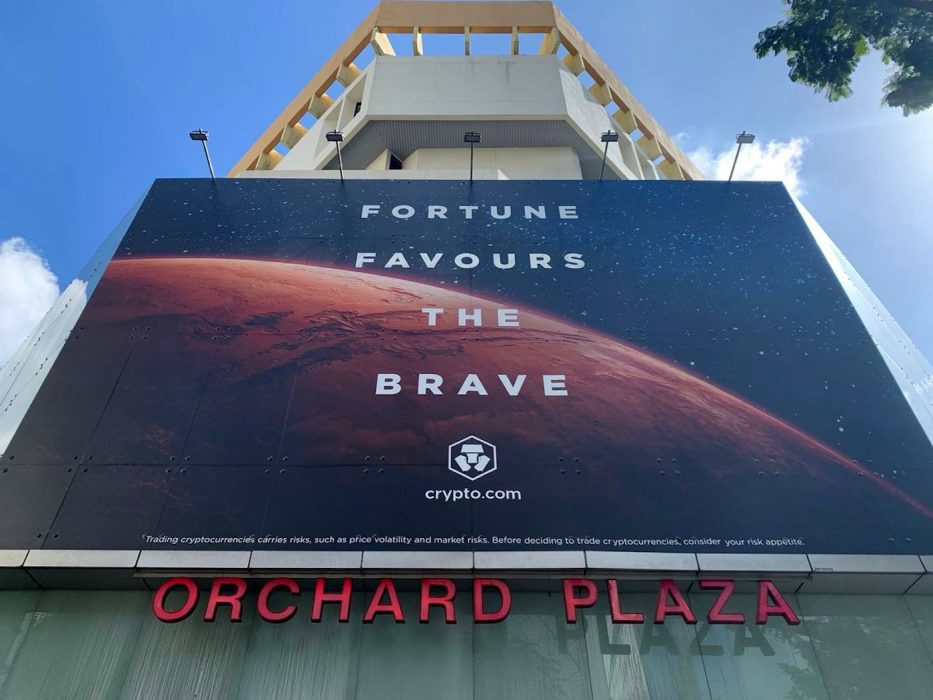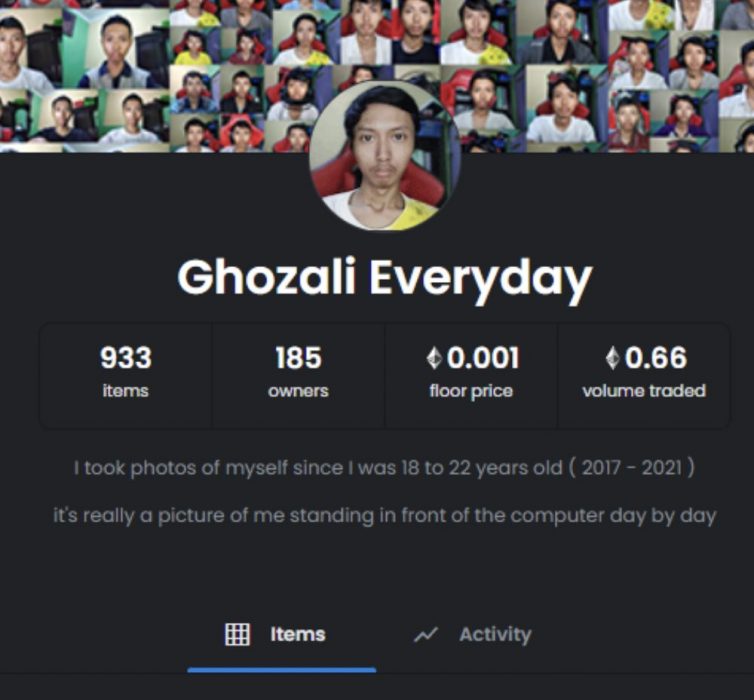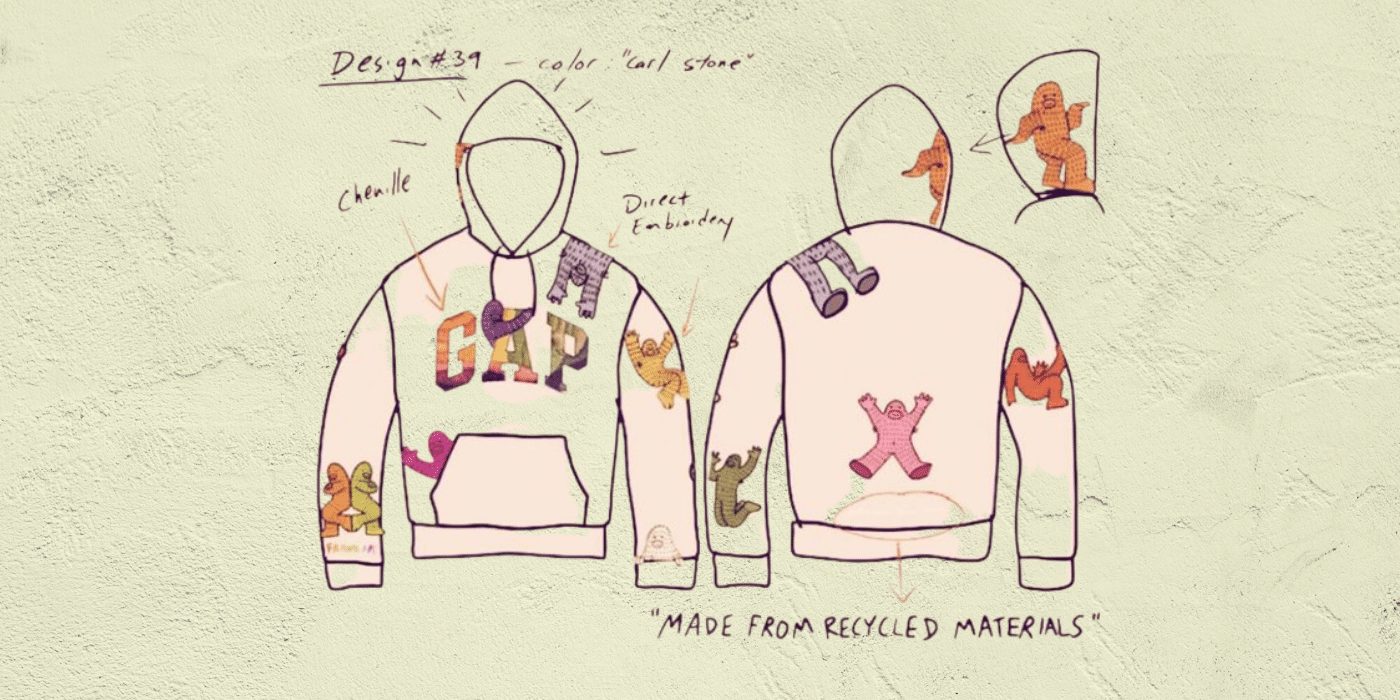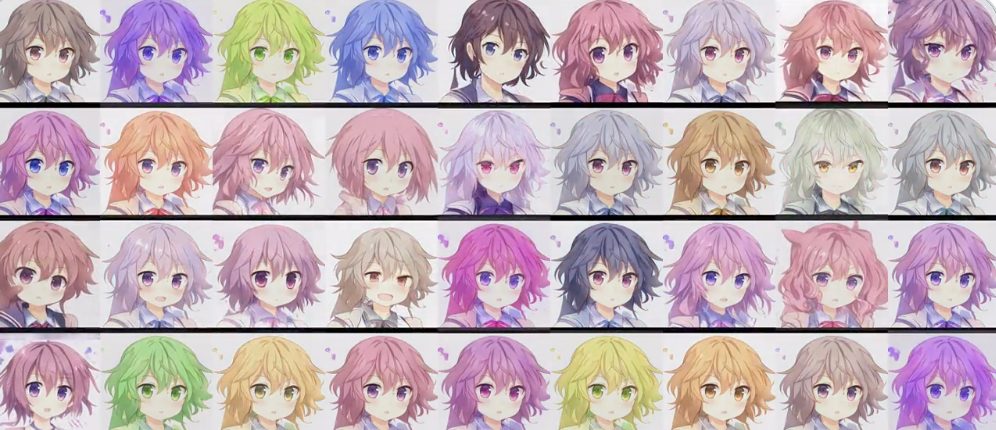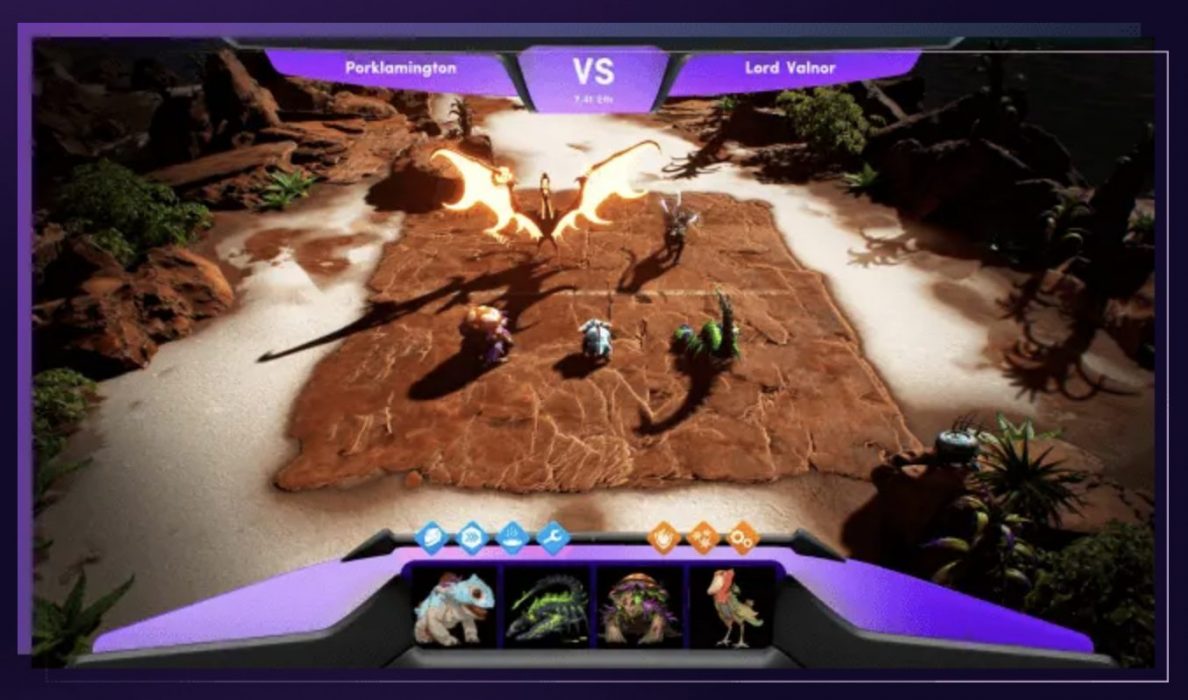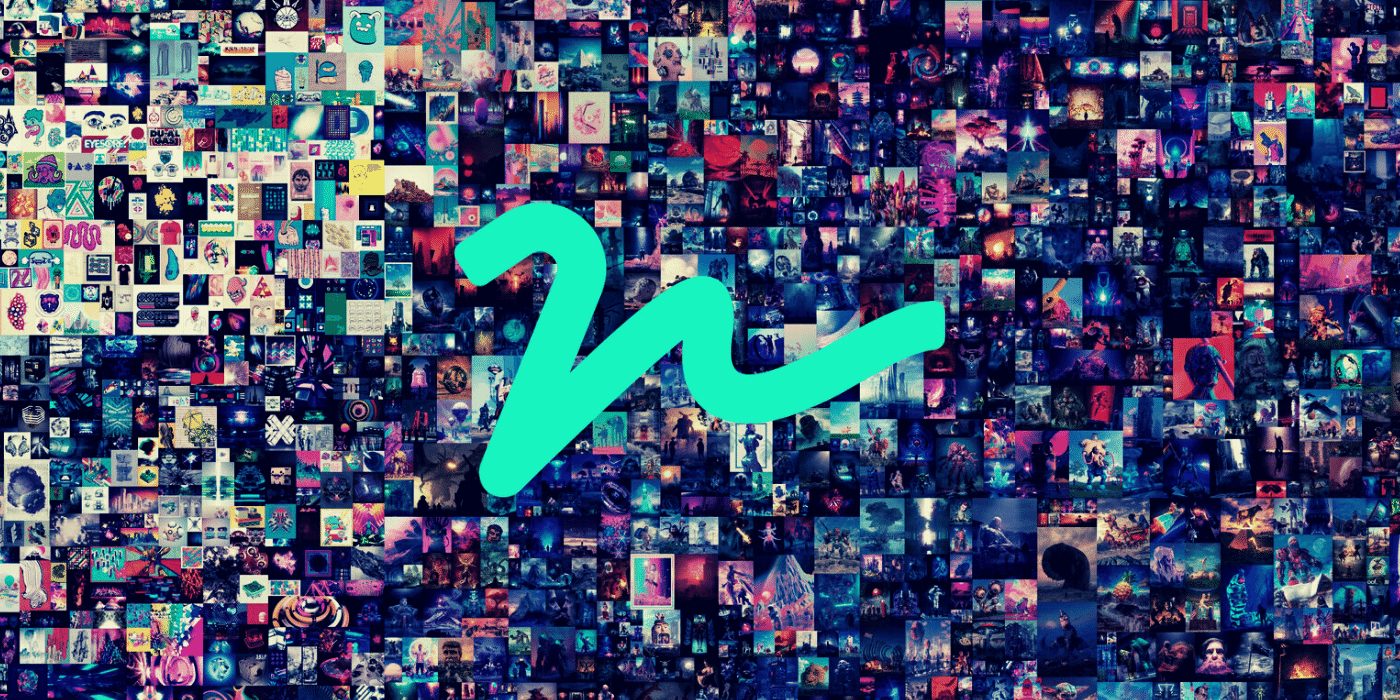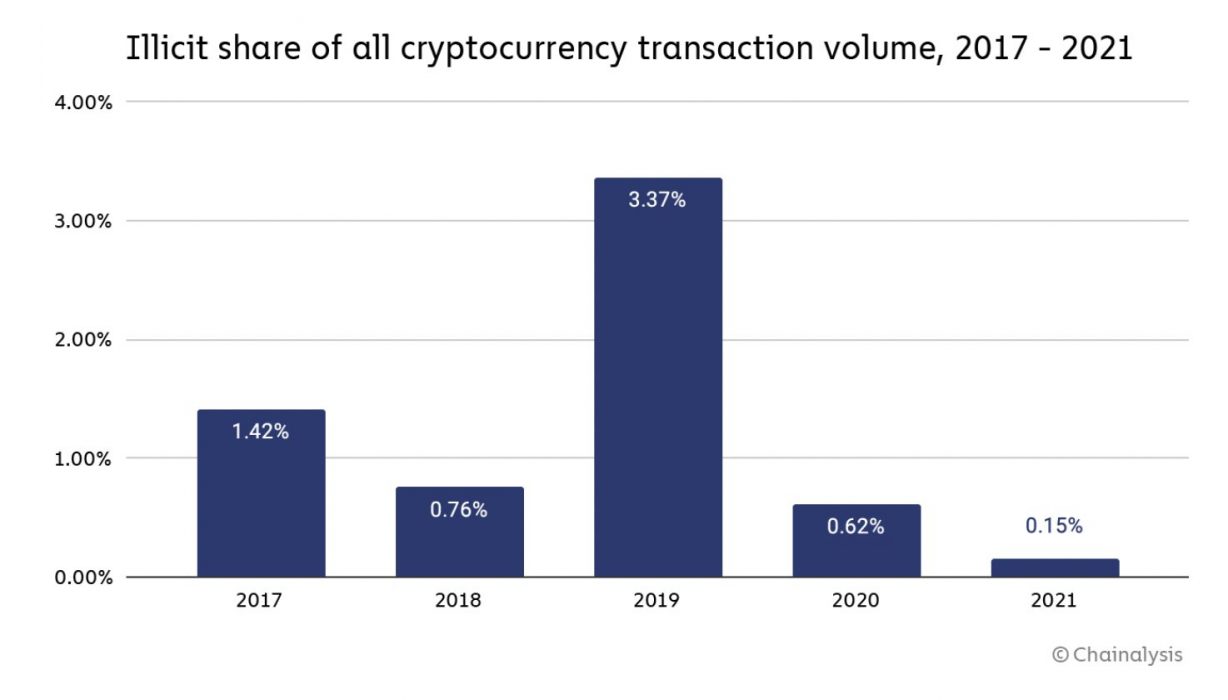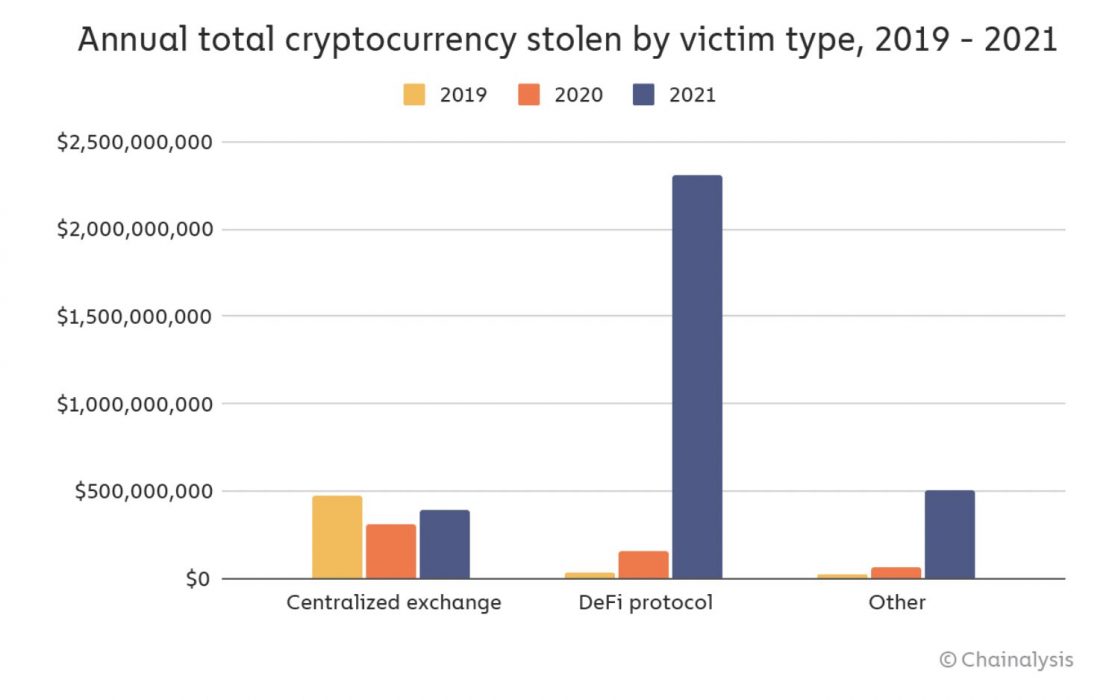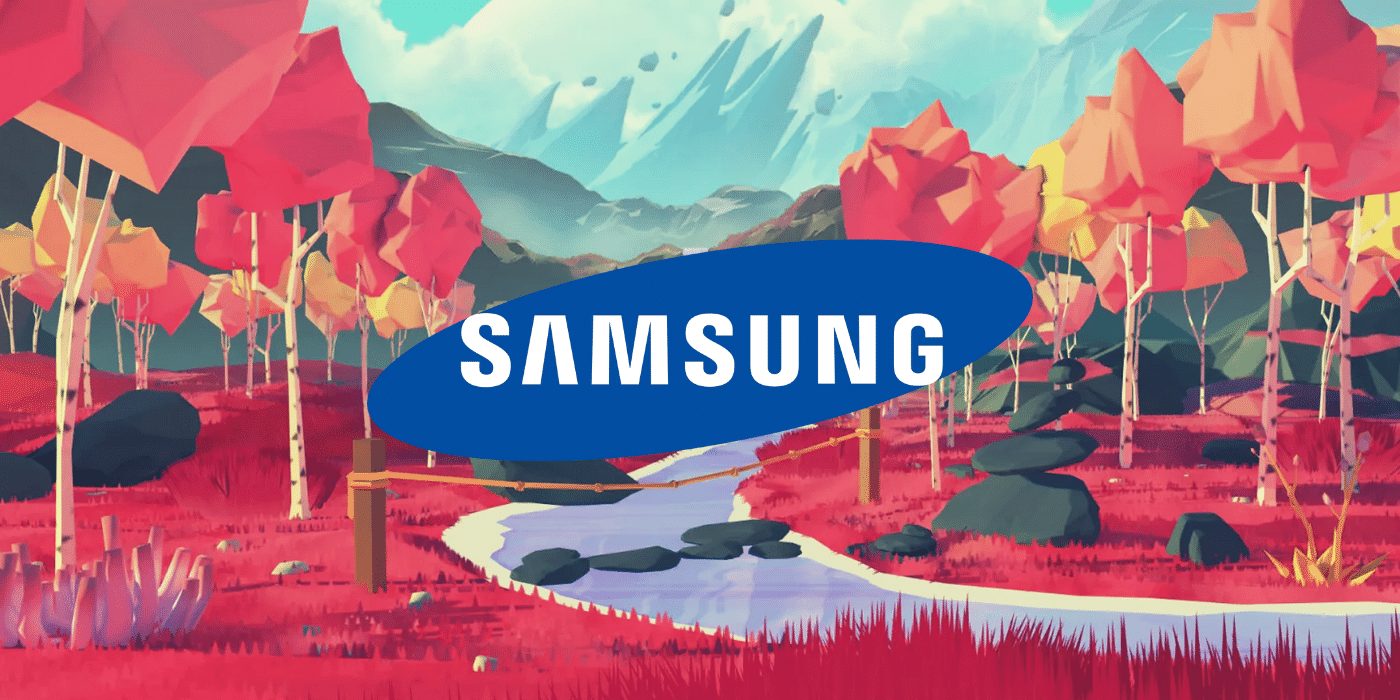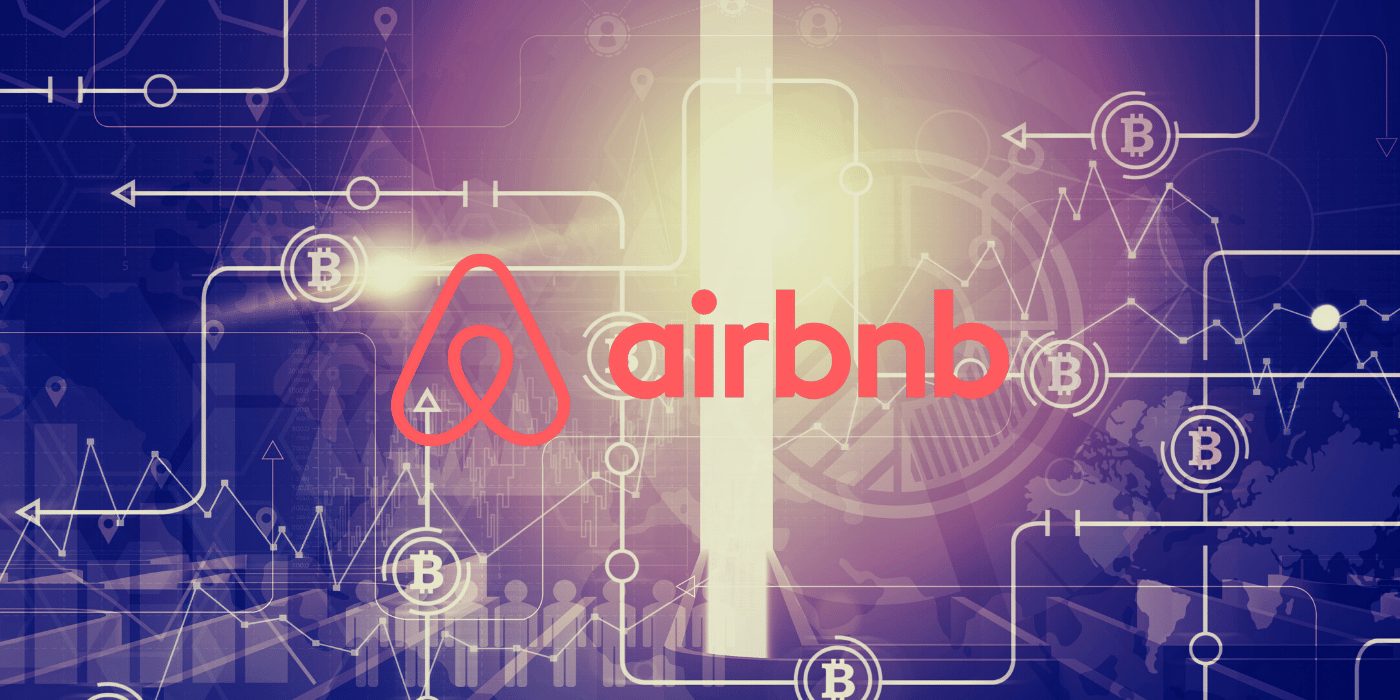In celebration of its signature car, Mercedes-Benz has teamed up with Art2People to create an exclusive NFT collection based on its G-Class vehicle line, according to a tweet from the German prestige car maker.
Mercedes commissioned five NFT artists to create various G-Class-inspired designs, each using different digital mediums to render unique pieces. The artists involved in the project come from diverse areas such as music, graphic design, fashion, creative marketing, real estate, architecture, and luxury design. They include Anthony Authie, Roger Kilimanjaro, Charlotte Taylor, Baugasm, and Antoni Tudisco.
The launch is set to take place on Sunday, January 23, jointly by Mercedes and Nifty Gateway. The drop will only last for one hour and will include pieces in various price categories, ranging from an affordable US$222 all the way up to US$1,554.
To add to the drop, when it hits US$1 million in collective sales, there will be a physical G-Class raffle available for all NFT holders. Another raffle will be held when the drop reaches US$2 million, and each NFT can be bought without having to hold cryptocurrency by using a credit card.
Mercedes Joins Lamborghini and Audi in the NFT Space
Mercedes is not the first luxury vehicle brand to move into the NFT space. In August last year, compatriot German prestige car maker Audi released an NFT collection in collaboration with XNFT Protocol, a decentralised creation and aggregator platform for NFTs. In the same month, Lamborghini launched an NFT collection to celebrate its founder.
Also last year, Australian auction house Lloyds auctioned off 50 NFTs of classic 1970s Aussie muscle car the Holden Torana A9X.



